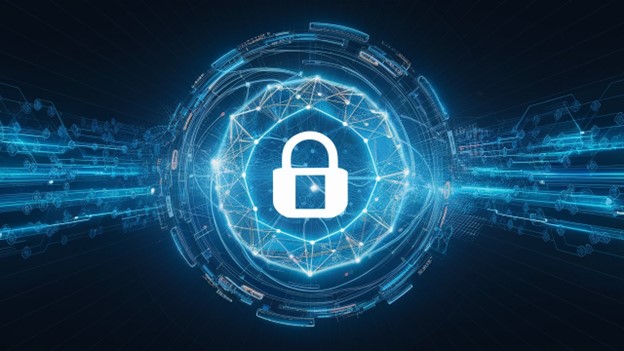When Virtual Reality Meets Blockchain: A New Era of Immersive Experiences
Overview or Introduction
The confluence of blockchain technology and virtual reality (VR) is rapidly redefining immersive experiences across multiple industries. As these revolutionary technologies intertwine, they create a plethora of opportunities that promise to transform gaming, real estate, and commerce. This article delves into the synergy of blockchain and VR, exploring its implications for the digital landscape and consumer engagement.
What if you could not only play a game but truly own your assets within it, or tour a property without stepping foot outside your home? By merging these technologies, the future holds unprecedented potential for innovation and interaction.
The Growing Synergy Between Blockchain and VR
Blockchain’s properties as a tamper-proof, time-stamped ledger align seamlessly with the dynamic nature of virtual reality interactions. This technology assures users of the authenticity and ownership of digital assets. By creating non-fungible tokens (NFTs), blockchain allows verified ownership of virtual items, which can be traded or sold in immersive environments. Platforms like Decentraland and The Sandbox exemplify how users can own and monetize virtual real estate, paving the way for a new economy in digital realms.
Gaming and Entertainment Revolution
The intersection of blockchain and VR is particularly transformative in gaming. Traditionally, developers controlled digital assets, but blockchain empowers players by providing them real ownership. This shift fosters cross-platform interactions across games, allowing players to engage in a marketplace where they can trade assets freely. The advent of VR-enabled events, such as concerts, further enhances this experience. By utilizing blockchain for ticket sales, organizers can combat fraud and ensure fair pricing.
Real Estate to Virtual Commerce
In real estate, VR enables potential buyers to explore properties remotely, while blockchain secures transactions through its immutable records. The burgeoning digital real estate market allows individuals to buy virtual land as NFTs, which can be developed or rented, mirroring real-world transactions. Moreover, E-commerce is evolving with VR shopping experiences that are increasingly sophisticated. By leveraging blockchain for product authenticity and transaction security, consumers can look forward to a more immersive and secure shopping experience.
Ensuring Privacy and Security
With the vast amount of data collected through VR technologies, privacy concerns are paramount. Blockchain’s decentralization provides a robust framework for data security, allowing users to control their information without fear of breaches. The use of blockchain-based identity systems ensures secure interactions in VR, protecting users from potential fraud and identity theft.
Future Prospects & Challenges
Despite the immense potential of fusing blockchain and VR, challenges like scalability and energy consumption loom large. However, innovative solutions, such as Ethereum’s Layer 2 and energy-efficient consensus mechanisms, are emerging to tackle these issues. As both technologies continue to mature, the possibilities they unlock are vast, potentially reshaping how we interact, learn, and transact in digital spaces.
Conclusion
The integration of blockchain and virtual reality is not just a technological trend; it signifies a fundamental shift towards a decentralized and user-oriented digital future. By embracing these innovations, industries can enhance consumer experiences and foster a new realm of possibilities across gaming, real estate, entertainment, and commerce.
Key Takeaways
- The combination of blockchain and VR creates opportunities for verified ownership and monetization of digital assets.
- Gaming and entertainment are being revolutionized through player ownership and decentralized governance.
- Real estate and E-commerce are adapting to immersive technologies, enhancing buyer experiences and security.
- Data privacy concerns can be alleviated through the decentralized nature of blockchain.
- While challenges exist, advancements in technology are paving the way for a new digital era.

